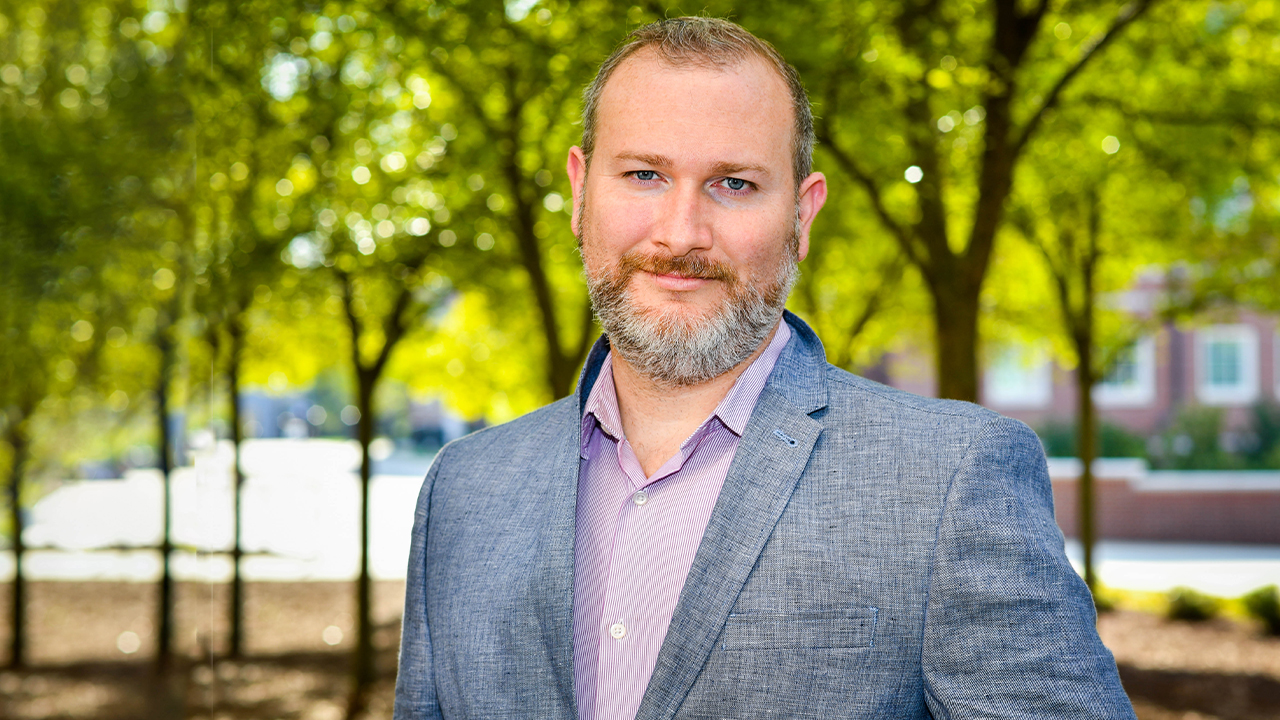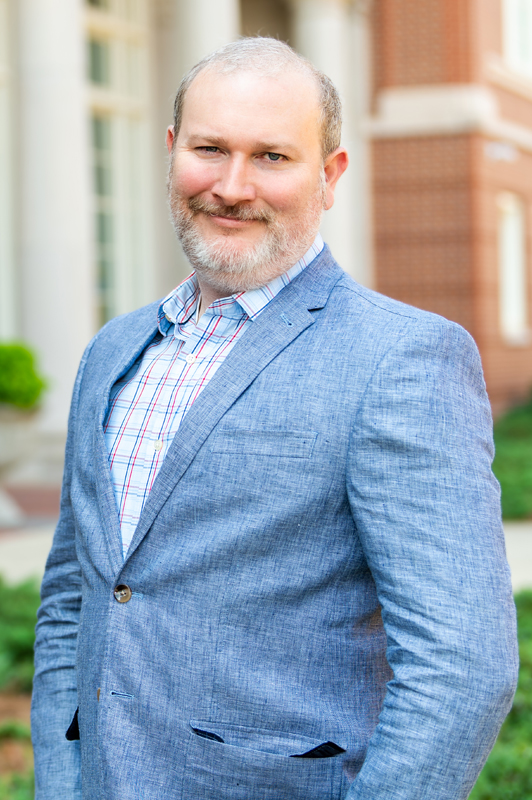Mechanical engineering professor receives NSF grant for epithelial cell research
Published: Sep 23, 2021 12:00 PM
By Virginia Speirs
Kyle Schulze, assistant professor of mechanical engineering, recently received more than $216,000 from the National Science Foundation to study the mechanics and lubrication of human epithelial cells.
Schulze said the goal of his research is to find better ways to treat and prevent diseases that involve these tissues, which provide a thin, protective inner and outer lining for organs and blood vessels.
“I worked with a colleague at the University of Florida, Thomas Angelini, who is actually the co-principal investigator on this proposal,” Schulze said. “We realized that there may be a bigger message to be told about this subject after we had done some initial experimentation. We realized that we looked at a very narrow window of tissue that reacted to being touched, and that there was a lot more to be discovered about these cells.”
The malfunction of epithelial tissues contribute to many widespread, chronic illnesses such as asthma, Alzheimer’s disease, hypertension, psoriasis and cancer.
“When we think ‘epithelial’ we think of our skin,” Schulze said. “But in actuality, epithelial cells exist all throughout the body. Almost every single surface within our body has epithelial cells.”
Schulze points out that because epithelial tissues do not act as individual units, it is important to study not how each individual cell reacts but how the collective tissue reacts to stimuli such as pressure, he said.
“What we’re really trying to figure out is how this system, as a unit, behaves while it is being compressed,” Schulze said. “Does it resist the movement? Does it want to bring water in? Do the cells program themselves to die? What choices do the cells make? In any other system, you press down on it and it behaves with intrinsic material properties, but these cells can act contrary to that.”
According to Schulze, studying epithelial tissue lubrication and reaction to motion and stimuli may be the first step toward truly understanding many aspects of the diseases directly tied to epithelial tissues.
“What’s great about this project is that it involves mechanical engineering and biology,” Schulze said. “It’s a very interdisciplinary project, so it gives more people an opportunity to think about mechanical engineering in relation to other engineering disciplines. Mechanical engineering isn’t just cars and robots. There is a growing group of mechanical engineers that are focused on healthcare.”
Media Contact: , jdh0123@auburn.edu, 334-844-3591


